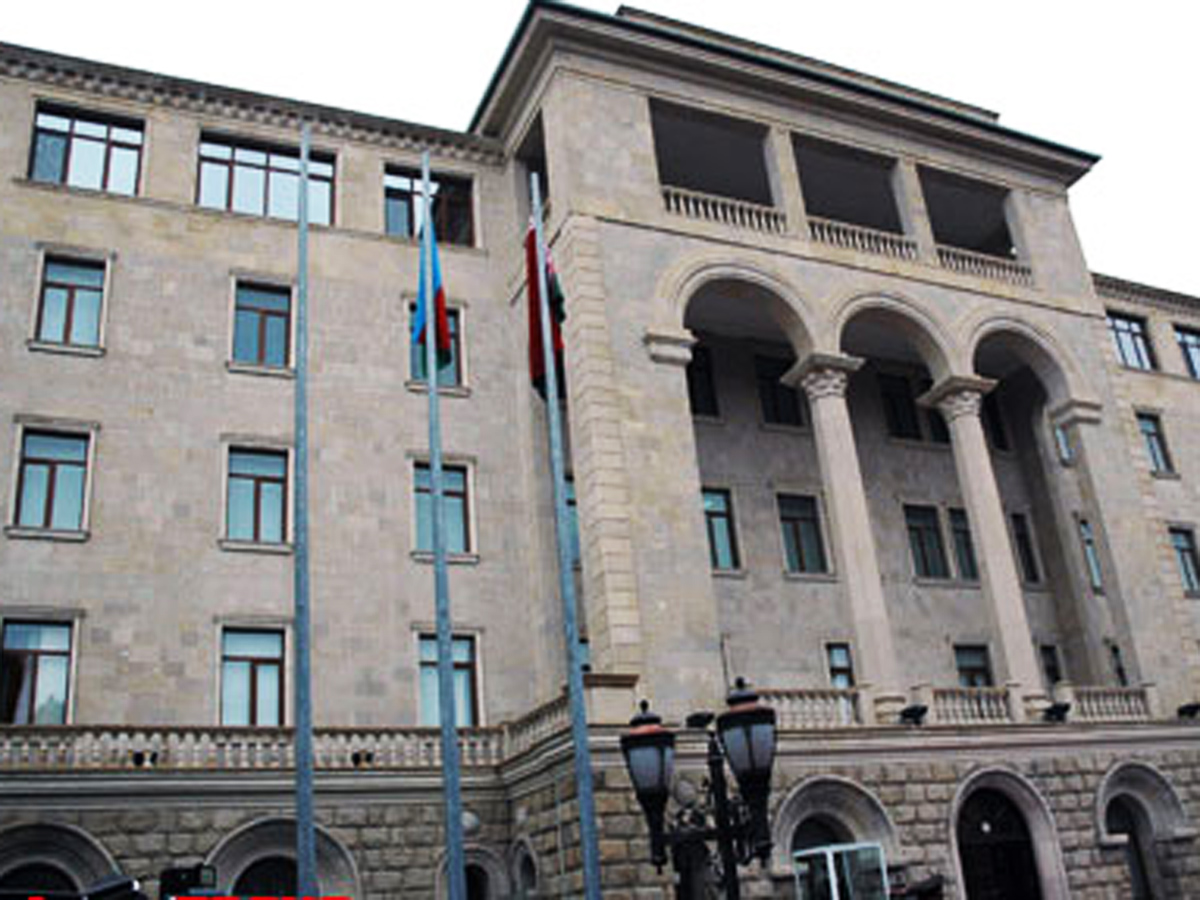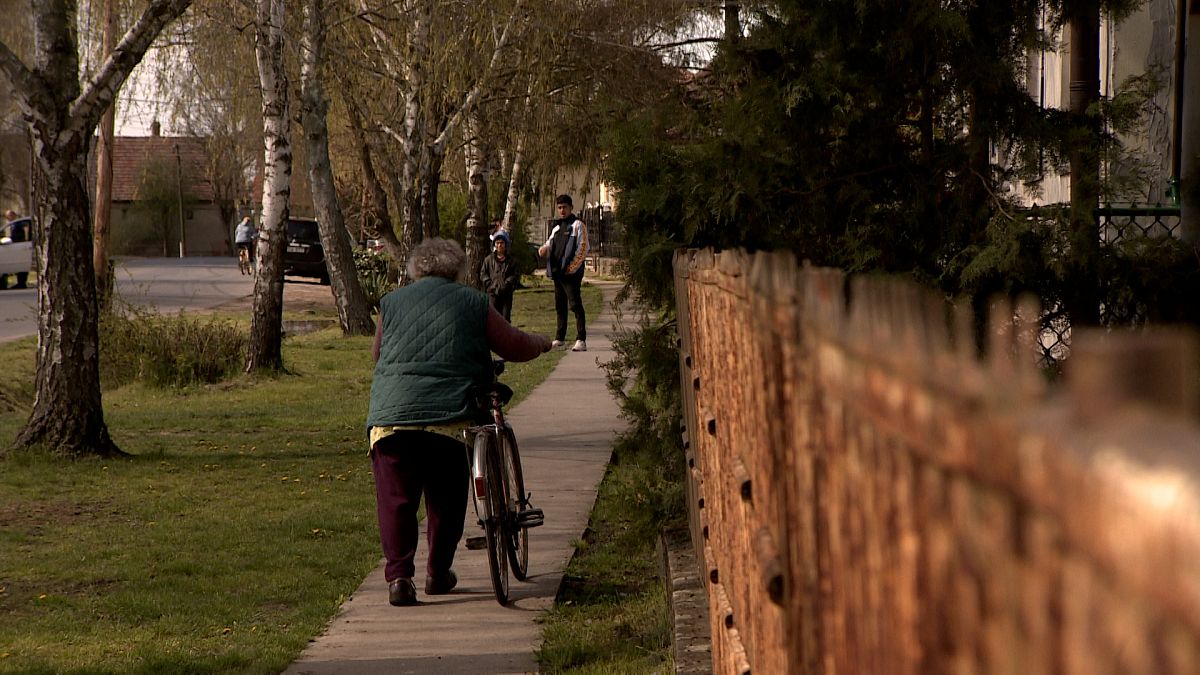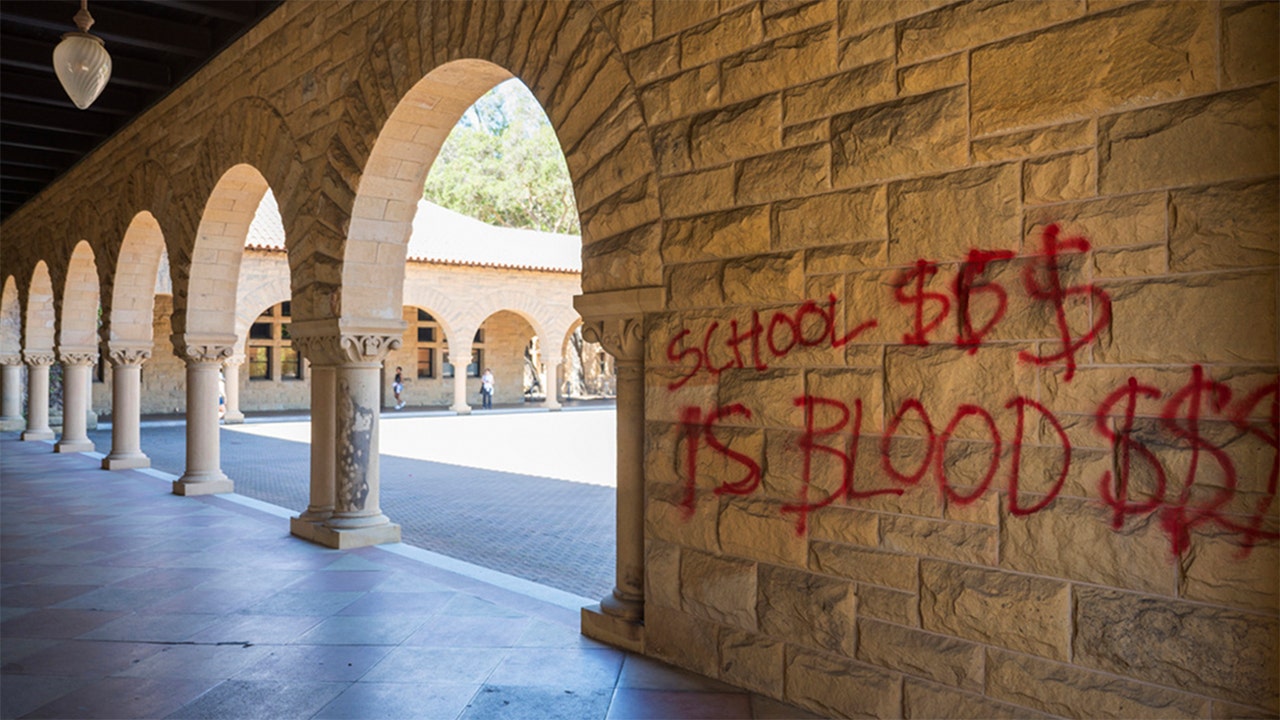At the beginning of April, Bulgaria will be holding its fifth parliamentary elections in less than two years. Not even Israel with the same number of elections, but in four years, or Spain with four in four years come close to the frequency with which Bulgarians are called to the polls.
The closest European precedent took place more than 100 years ago, when Denmark held three parliamentary elections in less than five months.
How did Bulgaria manage to get here — and what does it mean for the functioning of democracy in the country?
The first (regular) parliamentary elections in April 2021 were won by the then incumbent party, Citizens for European Development of Bulgaria (GERB), in coalition with the traditionally anti-communist Union of Democratic Forces (SDS).
Given the opposition of all parliamentary parties to cooperate with GERB, due to the polarising character of its leader, Boyko Borissov, a government could not be formed and new early parliamentary elections took place in July that very same year. This was clear evidence that from that moment party competition would be determined by parties’ attitudes towards the ruling GERB.
These were won by a completely new political party (the populist There is Such a People,ITN), otherwise a constant characteristic of the Bulgarian party system. By insisting on ruling alone, ITN also failed to form a government.
Victory in the next parliamentary elections held — together with the ones for president — in November 2021 went to another formation party, We Continue the Change (PP), formed just less than two months before the elections by two popular ministers in charge of economy (Kiril Petrov) and finance (Asen Vasilev) in the previous caretaker government.
They did manage to form a government after just a month, but the coalition, which brought together PP, the Bulgarian Socialist Party, the populist ITN and the alliance called Democratic Bulgaria, was so ideologically heterogeneous that collapsed in the first successful vote of no confidence in Bulgarian history less than eight months later.
As a result, a fourth parliamentary election was scheduled for October 2022.
The outcome did not differ much from all the preceding electoral contests. Like in April the year before, the GERB-SDS electoral coalition won, but none of the political camps got enough seats to put together a parliamentary majority. This time not even a technocratic government was appealing enough to motivate them to cooperate.
Close, but not cigar: Bulgaria’s uncertain democratic future
Parties are not the only losers in the current situation, citizens are too. Confidence in political parties has exponentially shrunken.
In a report published at the end of September, citizens’ distrust towards political parties went above 80 percent. This has certainly reflected in parties’ capability to represent voters and mobilise them.
As a result, during the last October parliamentary elections voter turnout hit rock bottom with just 39 percent of voters going to the polls, the lowest since the first free-and-fair elections in June 1990. And this promises to be a constant also in the forthcoming elections where the projected turnout is as low as 40.7 percent.
Recent changes in the electoral rules regarding the way citizens will cast their votes (e.g. exclusive use of machines or also paper ballot) and how the votes will be counted (e.g. paper and machine votes together or separated) are expected to bring further alienation as well as increase citizens’ distrust in the process, on top of putting into question the legitimacy of the political system as a whole.
Citizens are starting to see elections as a means for politicians to take power and divide it up among themselves. As shown in a recent documentary on national TV, the current situation is as “uncertain, unfair and difficult to predict” as it “has never been”, making voters wonder if this “will [really] be the last vote”.
Paradoxically, Bulgarians predominantly still believe that democracy is the best form of government. This does not mean that if parties continue to prioritize their interests over the general good things might quickly change.
In the same documentary one interviewee stated: “it was not so bad even during the time of Todor Zhivkov [Bulgaria’s 35-years long communist dictator]”.
ITN’s petition for a referendum to introduce a presidential regime (Turkish style) is another sign of a dangerous tendency: the nostalgia towards strongman rule.
Contrary to what political scientists have traditionally maintained, in Bulgaria parties are not inevitably linked to representative democracy: they hate parties, but like democracy. How long the current state of affairs will last might be only a matter of time.




















Discussion about this post